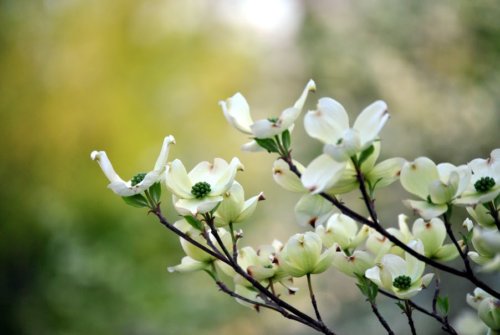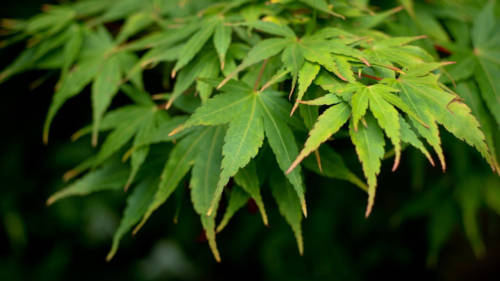Do Plants Experience Pain?
At some point or another, most people wonder (usually about mid-chew while eating a salad or as they get ready to prune a rose bush) if plants can experience pain. Usually, this thought is dismissed and rarely thought of again– in part because it seems a little silly and in part because the answer threatens to be upsetting. In the last few years, several new studies have been released measuring plants’ responses to different traumatic events, leading to many unscientific think pieces, accusatory remarks towards vegans, and flat-out dismissals.
But what does the science really say?
The short answer, in basic scientific terms, is that plants don’t have a nervous system– therefore, they can’t experience pain according to its scientific definition, which classifies pain as impulses felt along the nervous system.
The longer answer, however, is wrapped up in philosophy and the very nebulous understanding that surrounds pain outside of its strict biological explanation. In a piece for The New Yorker in 2013, Michael Pollen boiled the complex dilemma down to the following question: “Do capabilities such as intelligence, pain perception, learning, and memory require the existence of a brain?”
The evidence at the heart of this question has itself been well documented: plants clearly and unequivocally exhibit certain chemical reactions in response to their surroundings. For example, when scientists played a recording of a hungry caterpillar munching on leaves, some plants emitted a defensive chemical. Or the familiar scent of freshly cut grass, which is actually a rush of chemicals, some of which help heal the site where the plant has been broken, others that signal to beneficial predatory insects to come to the area (since most often plants are being eaten, rather than mowed). The exact how of these types of responses remains puzzling, but the responses themselves have been documented extensively.
Most scientists agree that plants do exhibit a kind of intelligent behavior, responding to their environment and traumas with extreme competence.
For plant neurobiologists (a controversial discipline that originated in the 2006 article “Trends In Plant Science,” which proposes to display plant intelligence), the definitions of intelligence and pain are too often grounded in the human experience, and need to be reconsidered. Most scientists agree that plants do exhibit a kind of intelligent behavior– responding to their environment and traumas with extreme competence. But the extensions of these discussions fall well outside the purview of science, landing firmly in the camp of philosophy. Pain is an idea, not an absolute measurement.
In the scientific world, the consensus is that plants do not experience pain because “pain” is a highly specific term referring to the nervous system, and therefore does not apply plant biology. Whether the responses plants do emit is a kind of pain or not is matter of philosophy, one that has yet to enjoin any concrete changes in the scientific community as a whole.
It is at once a concrete and abstract term: ‘pain’ can be a paper-cut or a broken heart. And perhaps, someday soon, it will also be a felled forest or a single blade of grass, crushed underfoot.
But that doesn’t mean the idea of plants experiencing pain isn’t worth considering. As a corollary example, the human senses are divided into taste, touch, smell, sound, and sight (in short, the sensory system)– but plants also have many other adaptive sensory systems, like the ability to detect water. Is the plant’s ability to “sense” any less valid than ours? Most would say no. But the idea of pain– what it is, what it means– carries with it so many more associations, honed and cultivated over the course of not just generations but civilizations. It is at once a concrete and abstract term: pain can be a paper-cut or a broken heart. And perhaps, someday soon, it will also be a felled forest or a single blade of grass, crushed underfoot.





































